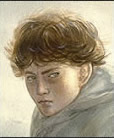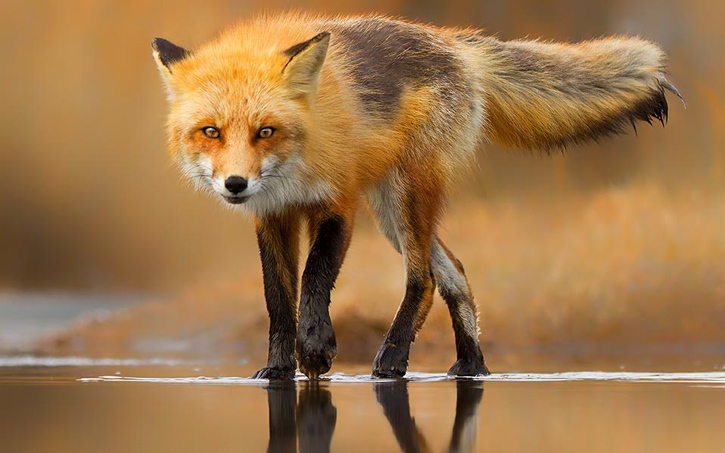Forum
Welcome Guest |
|
|---|---|
 Author Author |
Topic: |
|---|
| GreenhillFox |
|
||||||||
| Gandolorin |
|
||||||||
| Elthir |
|
||||||||
| Gandolorin |
|
||||||||
| Elthir |
|
||||||||
| Elthir |
|
||||||||
| tarcolan |
|
||||||||
| Gandolorin |
|
||||||||
| Elthir |
|
||||||||
| Elthir |
|
||||||||
| tarcolan |
|
||||||||
| Gandolorin | |||||||||
| Elthir |
|
||||||||
| GreenhillFox |
|
||||||||
| Elthir |
|
||||||||
| tarcolan |
|
||||||||
| Elthir |
|
||||||||
| Gandolorin |
|
||||||||
| Elthir |
|
||||||||
| Members Online |









 Goblins and orcs
Goblins and orcs





 ) of Enlish literature:
) of Enlish literature:

